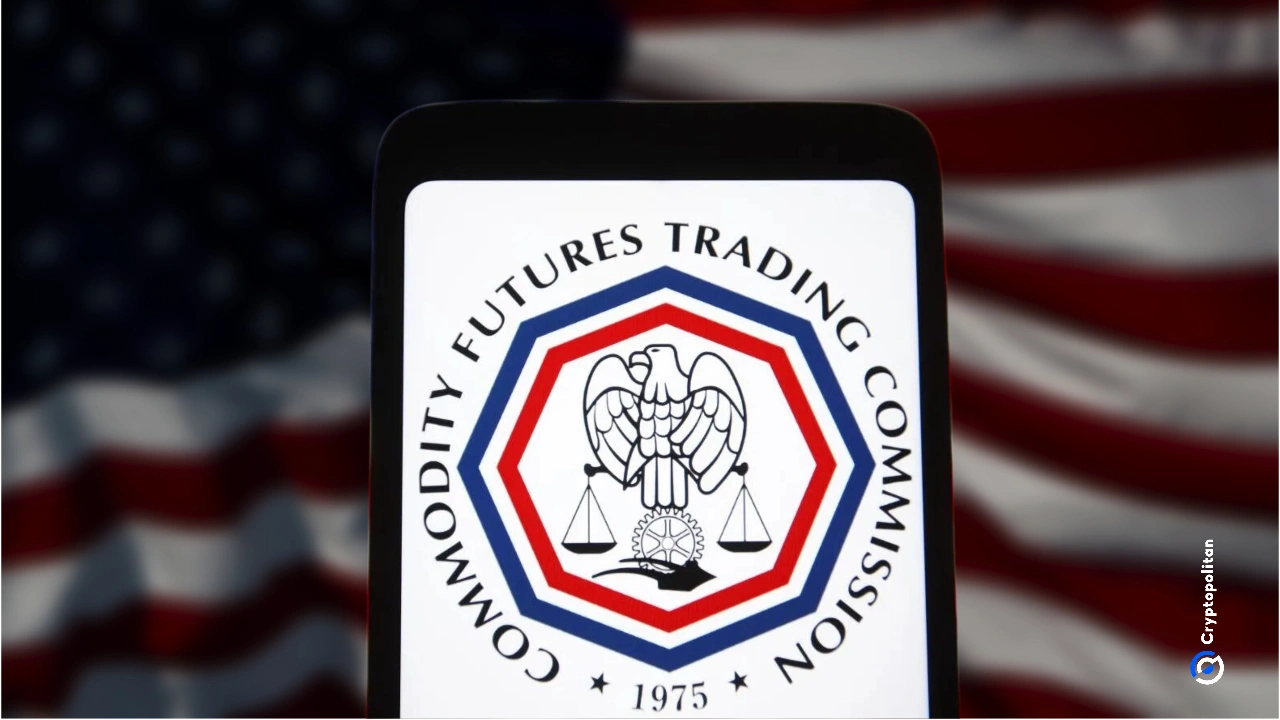CFTC allows American traders to access non-U.S. crypto exchanges

The U.S. Commodity Futures Trading Commission (CFTC) has set a new precedent for American crypto traders, issuing an advisory that U.S. residents may now legally access non-U.S. cryptocurrency exchanges through its Foreign Board of Trade (FBOT) registration system.
The announcement marks a major shift for the digital asset sector. For years, unclear rules and strict enforcement had pushed U.S. traders offshore. Some exchanges blocked American users, leaving them reliant on smaller domestic platforms with fewer trading options.
With FBOTs now registered, international exchanges can compete again for U.S. customers on more equal terms. The advisory noted that FBOT participation is the pathway for non-U.S. exchanges to legally engage with U.S. traders. The CFTC said the same framework has long supported the global derivatives market and is equally suited to crypto.
Caroline D. Pham, the commission’s interim chairwoman, said the decision provides long-needed clarity. She argued that U.S. traders should be free to access deep international liquidity pools.
Pham added that American businesses once forced to set up overseas operations to facilitate crypto trading could now have the chance to bring those functions back to the U.S.
Observers say the move could reopen the American market to large platforms such as Binance, Bybit, and OKX, which had restricted U.S. customers in recent years.
Advisory resolves years of uncertainty
The CFTC also sought to clarify confusion stemming from its past enforcement actions. Some foreign exchanges were unsure whether they needed to apply as a Designated Contract Market (DCM), a more complex status, instead of as an FBOT.
That uncertainty slowed innovation and led firms to withdraw from the U.S. market. Pham said it stemmed from “novel interpretations” that diverged from decades of CFTC practice.
For U.S. traders, the decision is significant. Many had been limited to a handful of domestic exchanges with lower liquidity and fewer offerings. Now they can access global markets, trade a broader range of instruments, and compete on equal terms.
For international platforms, the advisory reopens the door to the lucrative U.S. market. Binance, Bybit, and others that once restricted Americans can now return under a clear regulatory regime, removing years of uncertainty and enforcement risk.
Industry participants broadly see the development as positive. By signaling a move away from ambiguity and toward clear rules, the CFTC has reinforced the U.S.’s role in global digital asset markets. Supporters argue that clarity could restore confidence, attract new investment, and encourage innovation to return to the U.S.
Political momentum shapes the backdrop
The announcement comes during what insiders describe as a “crypto sprint” to modernize U.S. digital asset rules. It aligns with international efforts, as Singapore, Hong Kong, and the European Union have already established more flexible frameworks.
The move also carried political significance in Washington. Pham called it a win for U.S. leadership in financial markets and presented the rule as both pro-innovation and pro-investor.
Markets reacted quickly. Analysts said the guidance could boost volumes on large offshore platforms and integrate U.S. traders more deeply into global markets. Some even predicted that it could help expand liquidity in Bitcoin and Ethereum in the coming months.






